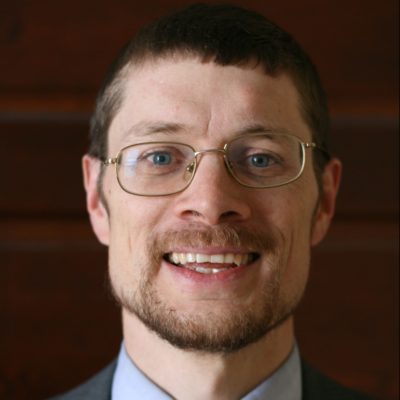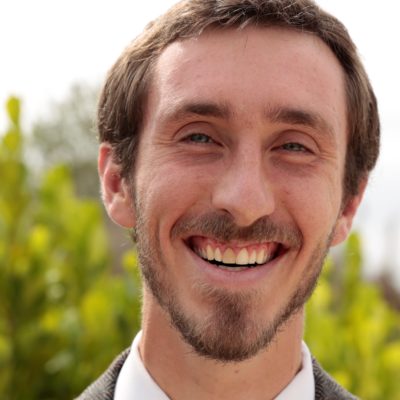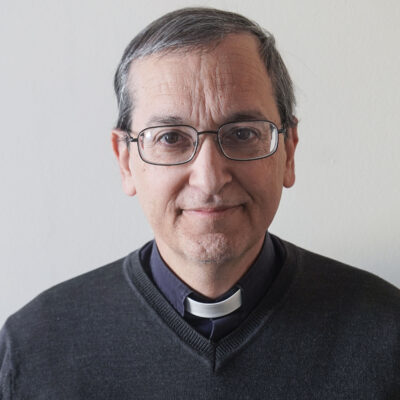"If the Son of God had to descend from the bosom of His Father to initiate us into this teaching, could we expect anything else than the revelation of the deepest mysteries locked up in God’s heart?"
-- Matthias Scheeben
Theology Curriculum
Theology–sacred doctrine, the study of God, the queen of the sciences. Theology is more than simply a study about God; it comes from God and leads to God. Each of these statements shapes how WCC teaches theology.
About God. Theology is a true science; it is systematic and comprehensive. Class time attends to all the great mysteries of the Catholic faith, taken up in a carefully reasoned order. One cannot understand moral theology before the grace of the sacraments, nor the sacraments apart from the Church, nor the Church before the Incarnation, nor the Incarnation before the Trinity, the centermost mystery of Christianity.
From God. Although theology reasons about the mysteries of faith, it receives those mysteries from God’s revelation, which comes to us through Scripture and Tradition as interpreted by the Church’s Magisterium. At WCC, this means relying on primary sources. The entire first year students dwell with the Scripture, the very soul of theology. Every semester includes readings from Scripture, the Fathers and Doctors of the Church, and ecumenical councils of the Church or papal encyclicals. Following the Magisterium, WCC takes St. Thomas Aquinas as chief among the Doctors of the Church.
To God. True theology is pursued for the sake of union with God; it depends, therefore, on a personal relationship with Jesus Christ, God’s own Word and perfect image. For this reason, again, freshmen dedicate their first year to meeting God through the inspired word of Scripture discussed in class, heard at mass, and prayed through lectio divina. As foretaste of the Beatific Vision, theology conforms the mind to God’s reality. Eternal life is “to know you the only true God” (Jn 17:3). In theology, the Word dwells in our minds through the Holy Spirit’s power.
For more information about the Theology Curriculum at Wyoming Catholic College, please see our Academic Catalog.





